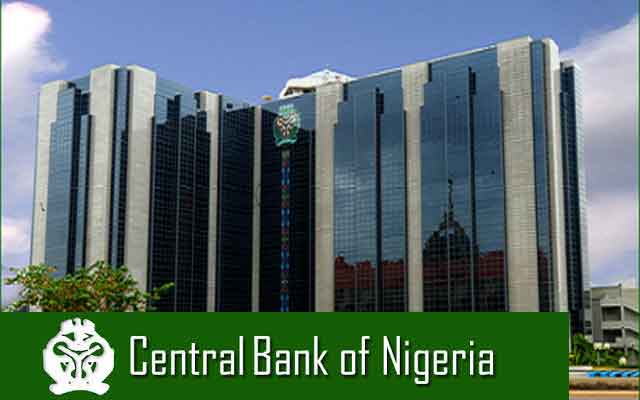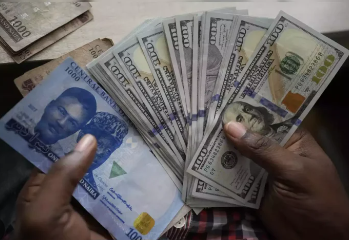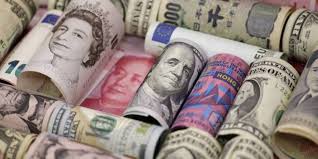With inflation as high as 18.4 per cent, the Central Bank of Nigeria (CBN), has charged commercial banks to come up with innovative solutions that will enable the sector play a key role in driving Nigeria’s growth and development.
According to the Governor, CBN, Godwin Emefiele, the federal government’s emphasis on diversification of the economy must be accorded priority by bankers, particularly at such critical times as the one being faced in the country.
“We must innovate now, because there is no option to get out of the recession. We must get it right too. The banking sector has a major role to play because the survival of other sectors depends in part on sustainability and vibrancy of banks,” he said.
Emefiele noted that given the sustained external headwinds, the country is grappling with the role of banks in economic recovery. Stating that Nigeria’s challenges have been triggered by several factors, he said “chief of such is the 70 per cent plus decline in the price of crude oil between June 2014 and June 2016.
“With over 90 per cent of our export revenues coming from the sale of crude oil, the drop in its prices along with the end of quantitative easing programme in the United States has led to a huge impact on our economy, particularly in the foreign exchange market,” he said.
Emefiele stated that emphasis is now placed on creating an enabling environment for a more diversified growth structure that is not dependent on the sale and production of one produce – crude oil.
According to him, the new move dwells on improving the productivity of farmers, manufacturers and firms, as well as their access to finance, in order to produce goods and services that can be made in Nigeria, thereby improving job creation and growth for the nation as a whole.
Nigeria is facing one of its most challenging times as government revenues is being affected by low price of oil at the global market, while the fall in the value of the naira saw an economic downturn in the import dependent economy.
Inflation has risen to a high of 18.4 per cent as the GDP shrank by 2.24 percent year-on-year in the third quarter of 2016, following a 2.06 percent decline in the previous period and compared to market expectations of a 2.58 percent decline.
The increase of the Monetary Policy Rate (MPR) to 14 per cent last year had also increased the cost of credit and the rising non-performing loans in the banking industry has led to banks cutting back on granting facilities.

 Entertainment5 days ago
Entertainment5 days ago
 Health1 week ago
Health1 week ago
 Health4 days ago
Health4 days ago
 Football1 week ago
Football1 week ago
 Football1 week ago
Football1 week ago
 Crime4 days ago
Crime4 days ago
 Education6 days ago
Education6 days ago
 Crime1 week ago
Crime1 week ago













